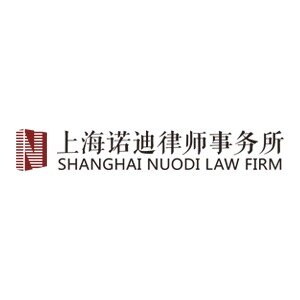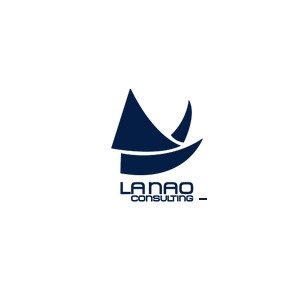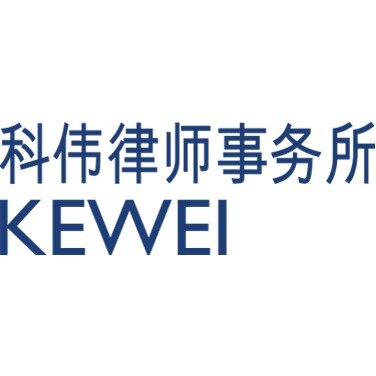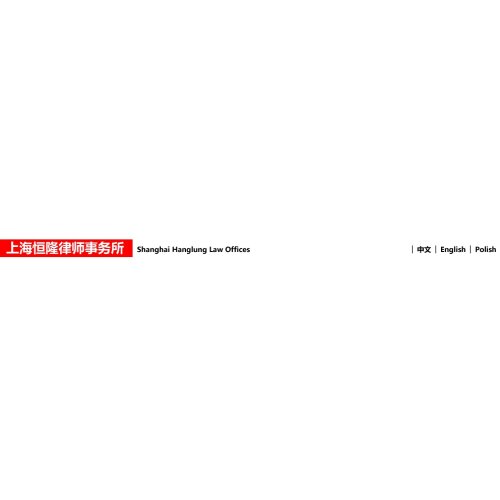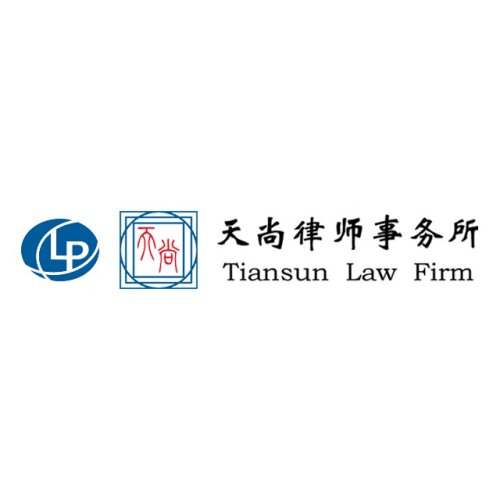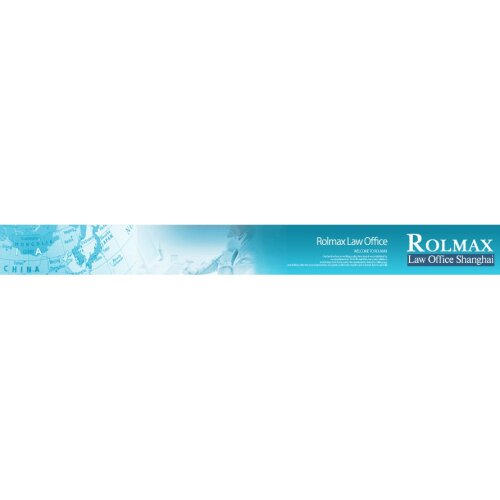Best ADR Mediation & Arbitration Lawyers in Shanghai
Share your needs with us, get contacted by law firms.
Free. Takes 2 min.
List of the best lawyers in Shanghai, China
About ADR Mediation & Arbitration Law in Shanghai, China
Alternative Dispute Resolution (ADR), encompassing both mediation and arbitration, is a structured process used to resolve disputes outside the traditional court system. In Shanghai, China, ADR has gained significant traction due to its efficiency, cost-effectiveness, and flexibility. Mediation involves a neutral third party facilitating discussions between disputing parties to reach a mutual agreement. Arbitration, on the other hand, involves a neutral arbitrator making a binding decision on the dispute based on evidence and arguments presented by both parties.
Shanghai, being one of the largest commercial hubs in China, has developed a robust framework for ADR, supported by various institutions such as the Shanghai Arbitration Commission and the Shanghai International Economic and Trade Arbitration Commission (also known as SHIAC). This framework is governed by national laws and provides a strong foundation for resolving both domestic and international disputes.
Why You May Need a Lawyer
There are numerous situations in which individuals or businesses might require legal assistance with ADR processes in Shanghai. Common scenarios include:
- Commercial contract disputes requiring arbitration.
- Cross-border trade disagreements where parties seek mediation.
- Disputes concerning intellectual property rights.
- Complex real estate or construction agreements.
- Family law issues where mediation could provide a less adversarial route.
- Labor disputes where an independent third party might facilitate negotiations.
An experienced lawyer can provide invaluable insights into the ADR process, assist with preparing necessary documentation, represent you during proceedings, and ensure that your rights and interests are protected.
Local Laws Overview
ADR processes in Shanghai are primarily governed by national legislation, such as the Arbitration Law of the People's Republic of China. Key aspects relevant to ADR include:
- Arbitration Agreement: Parties must agree on arbitration, often expressed in a clause within their contract.
- Mediation Process: Voluntary for both parties, can be initiated before or during arbitration.
- Institutional Rules: ADR institutions have their own rules detailing how proceedings are conducted, which must be adhered to.
- Enforcement of Awards: Arbitration awards are legally binding and can be enforced through local courts if necessary.
- Confidentiality: ADR processes are generally confidential, protecting the interests and sensitive information of the parties involved.
Frequently Asked Questions
What is the difference between mediation and arbitration?
Mediation is a voluntary, non-binding process where a mediator helps parties reach a mutually acceptable resolution. Arbitration is more formal and involves an arbitrator making a binding decision.
How do I choose an arbitrator or mediator in Shanghai?
Selection can be through mutual agreement between parties or by following the rules of an ADR institution which may provide a curated list of qualified professionals.
Are ADR decisions recognized internationally?
Yes, arbitration awards are recognized under the New York Convention, which China is a signatory. Mediation outcomes require parties to draft and sign an agreement to be enforceable.
How long do ADR processes typically take?
Mediation can resolve issues in a matter of weeks, while arbitration can take several months depending on complexity. Both are faster than traditional litigation.
What costs are involved in ADR in Shanghai?
Costs include administrative fees, mediator or arbitrator costs, and legal fees. They vary based on the institution, complexity, and duration.
Can I represent myself in an ADR process?
While self-representation is possible, it's advisable to have legal representation to navigate complexities and protect your interests.
What happens if we cannot reach an agreement in mediation?
If mediation does not resolve the issue, parties may choose to proceed to arbitration or litigation.
Can ADR clauses be included in contracts?
Yes, including ADR clauses in contracts is common to ensure a structured approach to resolving potential disputes.
What is the role of legal counsel in ADR?
Legal counsel advises on rights, prepares documentation, represents clients during proceedings, and ensures compliance with legal requirements.
How secure is the confidentiality in ADR?
Confidentiality is a critical component of ADR, with provisions ensuring private discussions and information are not disclosed without consent.
Additional Resources
For further assistance, you may consider contacting:
- Shanghai Arbitration Commission: Offers arbitration and mediation services with expert professionals.
- Shanghai International Economic and Trade Arbitration Commission (SHIAC): Provides specialized arbitration services for international trade disputes.
- China Council for Promotion of International Trade (CCPIT) Mediation Center: Specializes in commercial mediation.
Next Steps
If you need legal assistance in ADR mediation and arbitration in Shanghai, consider the following steps:
- Identify and define the nature of your dispute and preferred ADR method.
- Consult with a legal professional specializing in ADR to explore your options.
- Prepare necessary documentation and evidence with your lawyer's assistance.
- Select an appropriate ADR institution or neutral party to oversee your case.
- Engage in the ADR process with your legal counsel's guidance to reach a resolution.
Seeking expert legal advice ensures that you are well-informed and prepared for a favorable outcome in your dispute resolution process.
Lawzana helps you find the best lawyers and law firms in Shanghai through a curated and pre-screened list of qualified legal professionals. Our platform offers rankings and detailed profiles of attorneys and law firms, allowing you to compare based on practice areas, including ADR Mediation & Arbitration , experience, and client feedback.
Each profile includes a description of the firm's areas of practice, client reviews, team members and partners, year of establishment, spoken languages, office locations, contact information, social media presence, and any published articles or resources. Most firms on our platform speak English and are experienced in both local and international legal matters.
Get a quote from top-rated law firms in Shanghai, China — quickly, securely, and without unnecessary hassle.
Disclaimer:
The information provided on this page is for general informational purposes only and does not constitute legal advice. While we strive to ensure the accuracy and relevance of the content, legal information may change over time, and interpretations of the law can vary. You should always consult with a qualified legal professional for advice specific to your situation.
We disclaim all liability for actions taken or not taken based on the content of this page. If you believe any information is incorrect or outdated, please contact us, and we will review and update it where appropriate.



